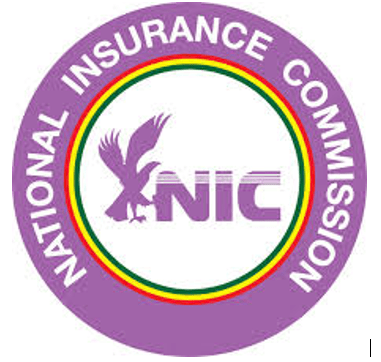With the debilitating impact of inflation affecting all facets of our life, it comes as a blow for motorists that the Ghana Insurers Association (GIA) has mandated its members to implement a 10 percent increase in motor insurance tariffs.
The decision took effect on February 1, 2025, following an emergency meeting of insurance industry leaders on January 31. Obviously, GIA cites the impact of inflation and currency depreciation on operational costs as the rationale.
This also follows an earlier statement from the insurance regulator, National Insurance Commission (NIC), informing the industry of a temporary halt in implementation of the new motor tariff – as previously announced in a letter dated 23rd December 2024 to the Ghana Insurers Association (GIA) and Insurance Brokers Association of Ghana (IBAG) – due to unforeseen developments.
The GIA has cautioned that any insurance company that fails to comply with the Association’s agreed tariff adjustments will face sanctions under its constitution.
According to the Association, insurance companies have been grappling with rising inflation over the past two years with Ghana’s inflation rate reaching 23.8% in December 2024 while the cedi depreciated by an average of 24.8% against the US dollar on a year on year basis in 2024, significantly increasing the cost of spare-parts – a major component of motor insurance claims.
The Association maintains that these economic pressures make it difficult for insurers to maintain sustainable pricing; prompting the necessity for adjustments in premiums.
Justifying the hike in premiums, Kingsley Kwesi Kwabahson, Chief Executive Officer-GIA, says motor insurance tariffs have only increased by 20 percent over the past three years – which is far below the rise in associated costs.
“The industry has been absorbing rising costs for a long time, but we have reached a point where a modest increase is necessary to ensure the continued ability of insurers to settle claims,” he observed.
The new pricing structure means that private vehicle owners will pay a minimum of GH¢530 annually, up from GH¢482, while commercial drivers including taxi operators will see their premiums rise from GH¢637 to GH¢701.
Motorcyclists, who face higher risk exposure, will experience the largest percentage increase with premiums going up by nearly 20 percent from GH¢252 to GH¢302.
GIA has dismissed concerns about the premium hikes’ legality, clarifying that the increases comply with Insurance Act, 2021 (Act 1061).
Beyond inflation and currency depreciation, insurers are also struggling to recover from the impact of government’s Domestic Debt Exchange Programme (DDEP) introduced in December 2022. The programme affected the liquidity of many financial institutions – including insurance companies.
Meanwhile, professional services firm Deloitte is cautioning the governments of Ghana and Nigeria about risks posed by high inflation, mounting debt, currency depreciation and a tight monetary policy environment, describing them as significant obstacles to economic growth in 2025.
In its Global Economic Outlook-January 2025, Deloitte notes that economic expansion in West Africa has been constrained by the rising cost of goods and services, which has led to higher interest rates as monetary authorities work to curb inflation.
However, Deloitte maintains a positive outlook for Ghana’s economy in the short- to medium- term. Additionally, Deloitte observed that Ghana is gradually recovering from its debt-induced crisis, aided by government’s ongoing restructuring of its US$30billion debt.
Monetary policy interventions by the Bank of Ghana have contributed somewhat to easing inflationary pressures.
“Ghana is projected to record a faster pace of growth at 5.1% and 5.3% in 2025 and 2026 respectively. Overall, macroeconomic stability is expected to be gradually restored over the forecast period of 2025 to 2026 in West Africa as these challenges slowly moderate.”
Deloitte expects government to continue its fiscal consolidation between 2025 and 2026.










